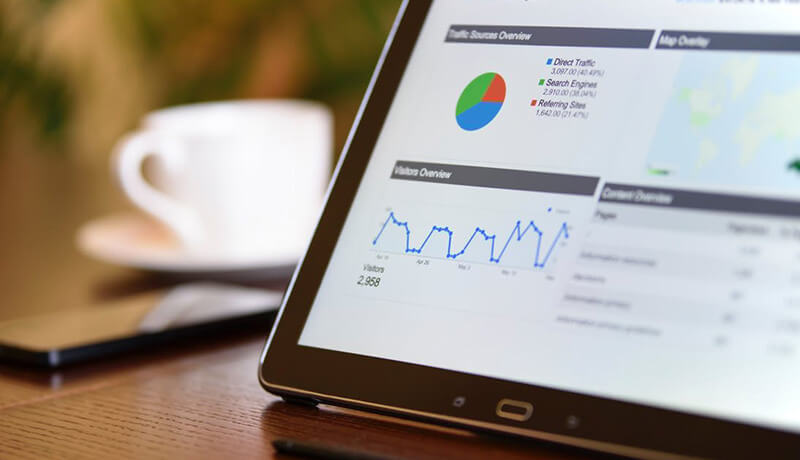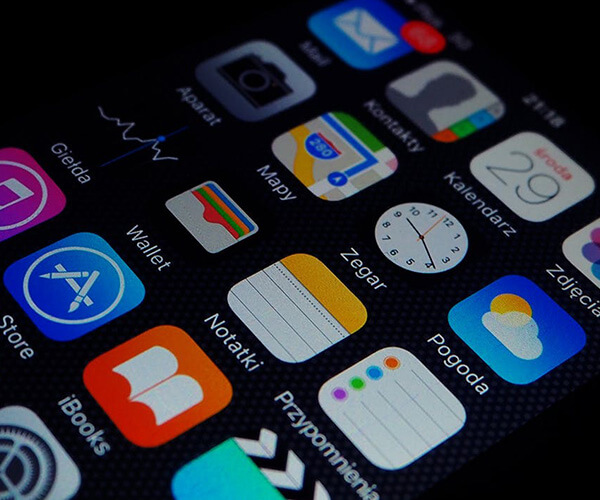

The Application of Data Science in Medical Research: Assessing How Data Science Drives Progress in Medicine
In a quiet laboratory filled with the soft hum of computers, a team of researchers is poring over vast datasets, searching for patterns that could lead to breakthroughs in cancer treatment. Among them is Dr. Emily Chen, a data scientist who has dedicated her career to harnessing the power of data to improve patient outcomes. As she analyzes genomic data from thousands of patients, she uncovers correlations that could inform personalized treatment plans. This moment encapsulates the transformative impact of data science on medical research—a field that is rapidly evolving and redefining how we approach health and disease.Data science, with its ability to analyze large volumes of information and extract meaningful insights, is revolutionizing medical research across various domains. This article explores the multifaceted applications of data science in medicine, evaluating its role in advancing research, enhancing clinical practices, and ultimately improving patient care.
The Role of Data Science in Medical Research
Big Data and Its Significance
The healthcare sector generates an immense amount of data daily—from electronic health records (EHRs) and medical imaging to genomic sequences and clinical trial results. This wealth of information presents both opportunities and challenges.
- Volume and Variety : The sheer volume of healthcare data can be overwhelming. However, data science techniques enable researchers to manage and analyze this information effectively. For instance, machine learning algorithms can process diverse datasets to identify trends that may not be apparent through traditional analytical methods.
- Real-Time Analytics : With advancements in technology, real-time analytics allows healthcare professionals to make informed decisions based on up-to-date information. This capability is particularly crucial in emergency situations where timely interventions can save lives.
Predictive Analytics in Healthcare
Predictive analytics is one of the most promising applications of data science in medicine. By analyzing historical data, researchers can forecast future health outcomes and identify at-risk populations.
- Early Disease Detection : Predictive models can help identify individuals at high risk for conditions such as diabetes or heart disease based on their medical history, lifestyle factors, and genetic predispositions. For example, algorithms can analyze EHRs to flag patients who may require preventive measures before symptoms manifest.
- Patient Readmission Prevention : Hospitals are increasingly using predictive analytics to anticipate which patients are likely to be readmitted after discharge. By identifying these individuals early, healthcare providers can implement tailored post-discharge plans to improve outcomes and reduce costs.
Enhancing Clinical Decision-Making
Data-Driven Clinical Guidelines
Data science enables the development of evidence-based clinical guidelines that enhance decision-making processes in healthcare settings.
- Clinical Decision Support Systems (CDSS) : These systems leverage data analytics to provide healthcare professionals with recommendations based on patient-specific information. For instance, a CDSS might suggest treatment options for a patient with a complex medical history by analyzing similar cases from a vast database.
- Reducing Treatment Errors : By utilizing predictive analytics and machine learning algorithms, healthcare providers can minimize treatment errors. For example, algorithms can analyze patient data to recommend the most effective medications while considering potential drug interactions or allergies.
Medical Imaging Analysis
Data science has significantly advanced the field of medical imaging by improving diagnostic accuracy through enhanced image analysis techniques.
- Computer Vision Applications : Machine learning algorithms are increasingly used to analyze medical images such as X-rays, MRIs, and CT scans. These systems can detect abnormalities—such as tumors or fractures—more accurately than traditional methods. For instance, AI models trained on thousands of images can identify early signs of lung cancer that may be missed by human radiologists.
- Automation of Image Interpretation : Automating image interpretation not only speeds up diagnosis but also reduces the workload on radiologists. This efficiency allows healthcare professionals to focus more on patient care rather than administrative tasks.
Transforming Drug Discovery
Accelerating Pharmaceutical Development
The drug discovery process is notoriously lengthy and expensive; however, data science is revolutionizing this field by streamlining research and development efforts.
- Identifying Drug Candidates : Data scientists use machine learning algorithms to analyze biological data and identify potential drug candidates more efficiently. By examining chemical properties and biological responses, researchers can predict which compounds are likely to be effective against specific diseases.
- Clinical Trials Optimization : Data science enhances the design and execution of clinical trials by identifying suitable patient populations and predicting trial outcomes. This optimization leads to faster approvals for new treatments while ensuring safety and efficacy.
Personalized Medicine
The integration of data science into personalized medicine represents a paradigm shift in how treatments are developed and administered.
- Genomic Data Analysis : By analyzing genomic information alongside clinical data, researchers can tailor treatments to individual patients based on their unique genetic profiles. This approach increases the likelihood of successful treatment outcomes while minimizing adverse effects.
- Real-Time Monitoring : Wearable devices equipped with sensors collect real-time health data from patients, allowing for continuous monitoring of chronic conditions such as diabetes or heart disease. This information can inform personalized treatment plans that adapt over time based on individual responses.
Challenges in Implementing Data Science in Medicine
Despite its potential benefits, several challenges must be addressed when integrating data science into medical research:
Data Privacy and Security
The collection and analysis of sensitive health information raise significant privacy concerns. Ensuring that patient data is protected from breaches while complying with regulations such as HIPAA (Health Insurance Portability and Accountability Act) is paramount for maintaining trust in healthcare systems.
Interoperability Issues
Healthcare systems often utilize disparate electronic health record systems that may not communicate effectively with one another. Achieving interoperability among these systems is essential for maximizing the utility of data science applications across different platforms.
Skill Gaps in Healthcare Workforce
The successful implementation of data science initiatives requires skilled professionals who understand both healthcare and advanced analytics. Bridging this skill gap through education and training programs will be crucial for fostering innovation in medical research.
Conclusion
Data science is poised to play a transformative role in advancing medical research by enhancing decision-making processes, improving diagnostic accuracy, accelerating drug discovery, and enabling personalized medicine. As healthcare continues to evolve into a more data-driven field, the integration of sophisticated analytical techniques will empower researchers and clinicians alike to make informed decisions that ultimately lead to better patient outcomes.However, addressing challenges related to privacy, interoperability, and workforce skills will be essential for realizing the full potential of data science in medicine. As exemplified by Dr. Emily Chen’s work in her laboratory, the future of healthcare lies at the intersection of technology and human expertise—a future where data-driven insights pave the way for innovative solutions that improve health for all individuals. By embracing this evolution responsibly, we can harness the power of data science to create a healthier world for generations to come.







